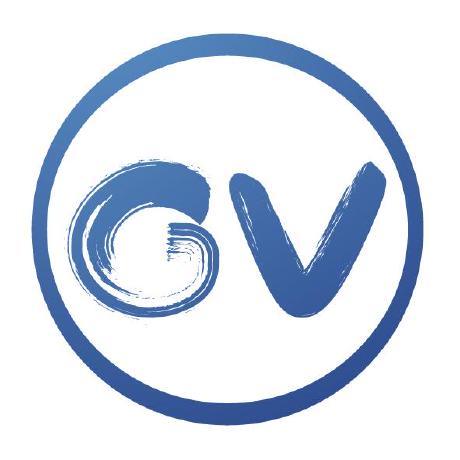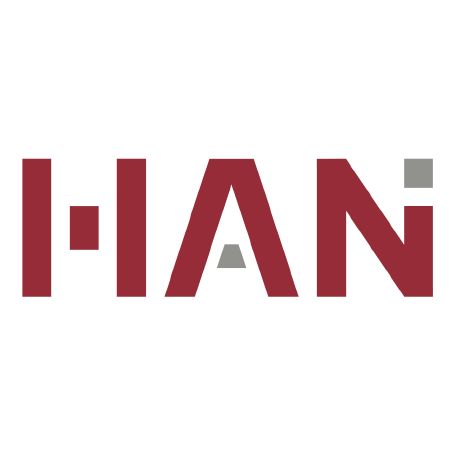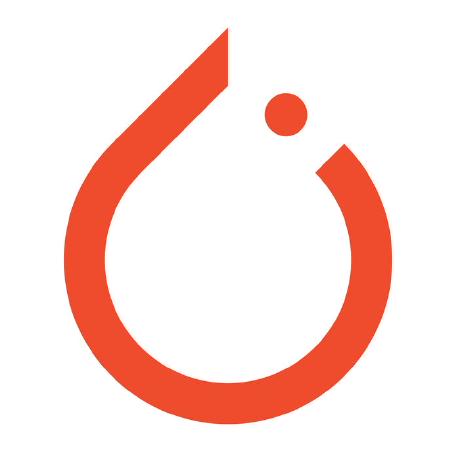Discover and explore top open-source AI tools and projects—updated daily.
q-diffusion by  Xiuyu-Li
Xiuyu-Li
Quantization method for diffusion models
Top 76.5% on SourcePulse
Q-Diffusion offers a novel post-training quantization (PTQ) method specifically designed for diffusion models, enabling significant compression (e.g., 4-bit weights) with minimal performance degradation. This is particularly beneficial for researchers and engineers aiming to accelerate inference and reduce the memory footprint of diffusion models for applications like text-to-image generation.
How It Works
Q-Diffusion addresses the unique challenges of quantizing diffusion models, such as varying output distributions across timesteps and bimodal activation distributions in shortcut layers. It employs timestep-aware calibration and split shortcut quantization to maintain accuracy. This approach allows for efficient compression of the noise estimation network without requiring retraining, a significant advantage over traditional PTQ methods that struggle with diffusion model architectures.
Quick Start & Requirements
- Installation: Clone the repository and create a conda environment using
conda env create -f environment.yml. - Prerequisites: Requires PyTorch, CUDA (implied for GPU acceleration), and specific checkpoints from CompVis (e.g.,
sd-v1-4.ckpt). Quantized checkpoints are available via Google Drive. - Usage: Inference scripts are provided for CIFAR-10, LSUN Bedroom, LSUN Churches, and Stable Diffusion, with example commands for 4/8-bit weight-only and mixed-precision quantization. Calibration scripts are also available.
- Links: website, paper, NVIDIA TensorRT example
Highlighted Details
- Achieves 4-bit quantization with FID changes of at most 2.34, compared to >100 for traditional PTQ.
- Enables 4-bit Stable Diffusion inference with high generation quality.
- Features timestep-aware calibration and split shortcut quantization.
- Compatible with NVIDIA TensorRT.
Maintenance & Community
The project is associated with ICCV 2023. Further community engagement channels are not explicitly mentioned in the README.
Licensing & Compatibility
The repository does not explicitly state a license. However, its reliance on models from CompVis (which typically use permissive licenses) and its integration with NVIDIA TensorRT suggest potential compatibility with commercial use, but this should be verified.
Limitations & Caveats
The README mentions that calibration datasets are large, but smaller subsets will be uploaded soon. Reproducing calibrated checkpoints requires specific hyperparameters, and deviations may affect performance.
1 year ago
Inactive

 pprp
pprp OpenGVLab
OpenGVLab efeslab
efeslab mit-han-lab
mit-han-lab csslc
csslc Cornell-RelaxML
Cornell-RelaxML nunchaku-tech
nunchaku-tech crowsonkb
crowsonkb LuChengTHU
LuChengTHU Efficient-ML
Efficient-ML pytorch
pytorch